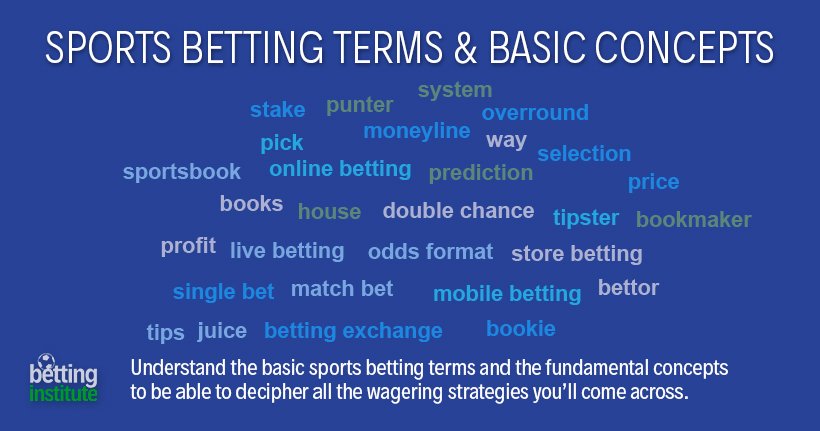The sports betting industry is evolving rapidly, driven by technological advancements, regulatory changes, and shifting consumer preferences. Understanding these trends and predictions can help bettors and industry professionals stay ahead in this dynamic field. Here’s a look at what the future holds for sports betting.
Technological Innovations
**1. Artificial Intelligence and Machine Learning
AI and machine learning are transforming sports betting by enhancing data analysis and predictive modeling. These technologies enable more accurate odds-setting and personalized betting experiences. AI-driven algorithms can analyze vast amounts of data to identify patterns and trends that human analysts might miss, improving the accuracy of predictions.
**2. Blockchain Technology
Blockchain technology is set to revolutionize sports betting by increasing transparency and security. It provides a decentralized ledger for transactions, reducing the risk of fraud and ensuring fair play. Smart contracts on blockchain platforms can automate payouts and bet settlements, enhancing trust and efficiency.
**3. Virtual and Augmented Reality
Virtual reality (VR) and augmented reality (AR) are poised to create immersive betting experiences. VR can transport bettors to virtual stadiums and events, while AR can overlay real-time data and stats onto physical environments. These technologies offer a more interactive and engaging way to experience sports betting.
**4. Mobile and In-App Betting
The continued growth of mobile technology means that betting apps are becoming increasingly sophisticated. Enhanced mobile interfaces, real-time updates, and seamless payment options make it easier for users to place bets on the go. The rise of in-app betting features, such as live streaming and instant cashouts, is also expected to drive more engagement.

Regulatory Changes
**1. Expanded Legalization
The trend towards the legalization of sports betting is expected to continue, with more states and countries opening up their markets. As regulations become more standardized, the industry will likely see increased legitimacy and growth. Legalization also brings new opportunities for innovation and competition.
**2. Enhanced Consumer Protection
With the expansion of legal sports betting, regulators are focusing on consumer protection measures. This includes responsible gambling initiatives, age verification processes, and measures to prevent problem gambling. Enhanced regulatory frameworks will help ensure a safer betting environment.
**3. Cross-Border Betting
As more jurisdictions legalize sports betting, cross-border betting and international betting exchanges are likely to become more prevalent. This can offer bettors access to a broader range of markets and odds but may also present regulatory challenges and complexities.
Changing Consumer Preferences
**1. Increased Demand for Personalization
Consumers are seeking more personalized betting experiences. This includes tailored recommendations based on betting history and preferences, as well as customized promotions and offers. Personalization enhances user engagement and satisfaction.
**2. Integration of Social Media
Social media platforms are becoming increasingly integrated into the sports betting experience. Bettors are using social media for real-time updates, community engagement, and sharing betting insights. Future trends may include social betting features, where users can bet within their social networks or follow influencers for tips.
**3. Esports Betting
The rise of esports has created new opportunities for sports betting. As the popularity of esports grows, so does the demand for betting options on competitive gaming events. The integration of esports into mainstream betting platforms is expected to expand, offering new markets and betting types.
Data-Driven Insights
**1. Enhanced Data Analytics
The use of big data and advanced analytics is becoming more prevalent in sports betting. Bettors and bookmakers are leveraging data to gain insights into team performance, player statistics, and betting patterns. Improved data analytics can lead to more informed betting decisions and better odds.
**2. Predictive Modeling
Predictive modeling is becoming a key tool for both bettors and bookmakers. By using historical data and statistical models, predictive analytics can forecast future outcomes and trends. This helps in setting more accurate odds and identifying valuable betting opportunities.
Conclusion
The future of sports betting is characterized by rapid technological advancements, evolving regulatory landscapes, and changing consumer preferences. Embracing these trends and predictions can help bettors stay ahead of the curve and make more informed decisions. As the industry continues to innovate and grow, staying informed about these developments will be crucial for success in the world of sports betting.











